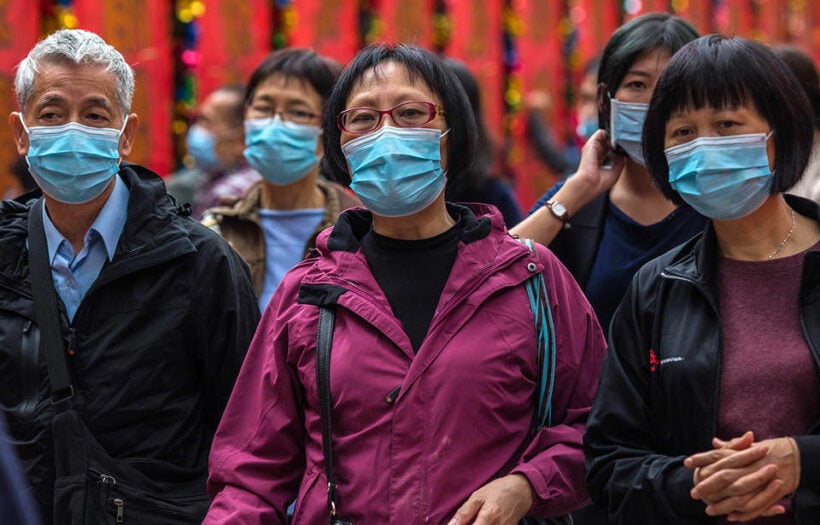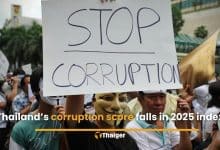“Surgical masks no guarantee against coronavirus” – medical experts

The Wuhan Coronavirus is making news around the world and the sight of people wearing face-masks is now becoming common – whether they’re in a high-risk area or not. The World Health Organisation (WHO) has upgraded the global threat level to “high.” Many countries have banned or reduced flights from China and are stepping up screening efforts at their airports. Malaysia is the latest ASEAN member to join the growing number of countries that have imposed a temporary ban on Chinese nationals arriving from Wuhan and surrounding Hubei province. The Philippines has also banned flights from Wuhan, and sent back 500 Chinese tourists who came from the city.
As Asian commuters cover their noses and mouths with paper thin covers, medical experts dispute the usefulness of mass-produced surgical masks to block transmission of the flu-like virus.
“It is not one of the recommended barrier measures” for those who have not been contaminated, according to France’s health minister. A senior researcher at the Osaka Institute of Public Heath told the media that high-quality masks could be effective, referring to more expensive, tight-fitting respirators used to filter fine dust and pollution.
“But as always, there is no 100% guarantee.”
Still, on Bangkok’s streets many people put faith in surgical masks.
“I’m very concerned about the virus,” one citizen told reporters. “Everywhere I go, I also bring alcohol and hand sanitiser to clean my hands and avoid areas with Chinese tourists.”
Others wore heavier duty PM2.5 masks, in a city shrouded for weeks by damaging pollution. One Bangkok chemist said the outbreak has led to the most intense panic-buying of medical items he has seen since the SARS epidemic of 2002-2003.
“All our mask suppliers are out of stock. The masks are made in China and the country itself is out of stock.”
The World Health Organisation is advising regular hand washing with soap, alcohol rubs and avoiding touching one’s face as well as crowded places as effective habits to protect against infection. The advice has not stopped a run on the masks, stockpiling or price hikes, from Cambodia to Tokyo, Hubei to Hong Kong, where queues stretch outside retailers with stocks.
But while Southeast Asian governments are stepping up efforts to prevent the virus from entering their countries, their efforts may be hampered. They may be able to effectively monitor who enters and leaves their respective countries legally, but what about those who slip under the radar?
Increasing border patrols, enhancing screening efforts, blocking people from entering and even sending back Chinese tourists may be effective, but the ASEAN region also has the issue of human trafficking.
According to the 2016 Global Slavery Index by human rights group Walk Free, some 25 million people are trapped in modern slavery in the Asia Pacific region, or 62 % of the global total. The US Department of State’s Trafficking in Persons reports for 2018 and 2019 paint a grim picture for most ASEAN countries in terms of human trafficking. The coronavirus highlights the deadly consequences that could arise when problems like human trafficking are not dealt with.
SOURCE: The ASEAN Post
Latest Thailand News
Follow The Thaiger on Google News:


























